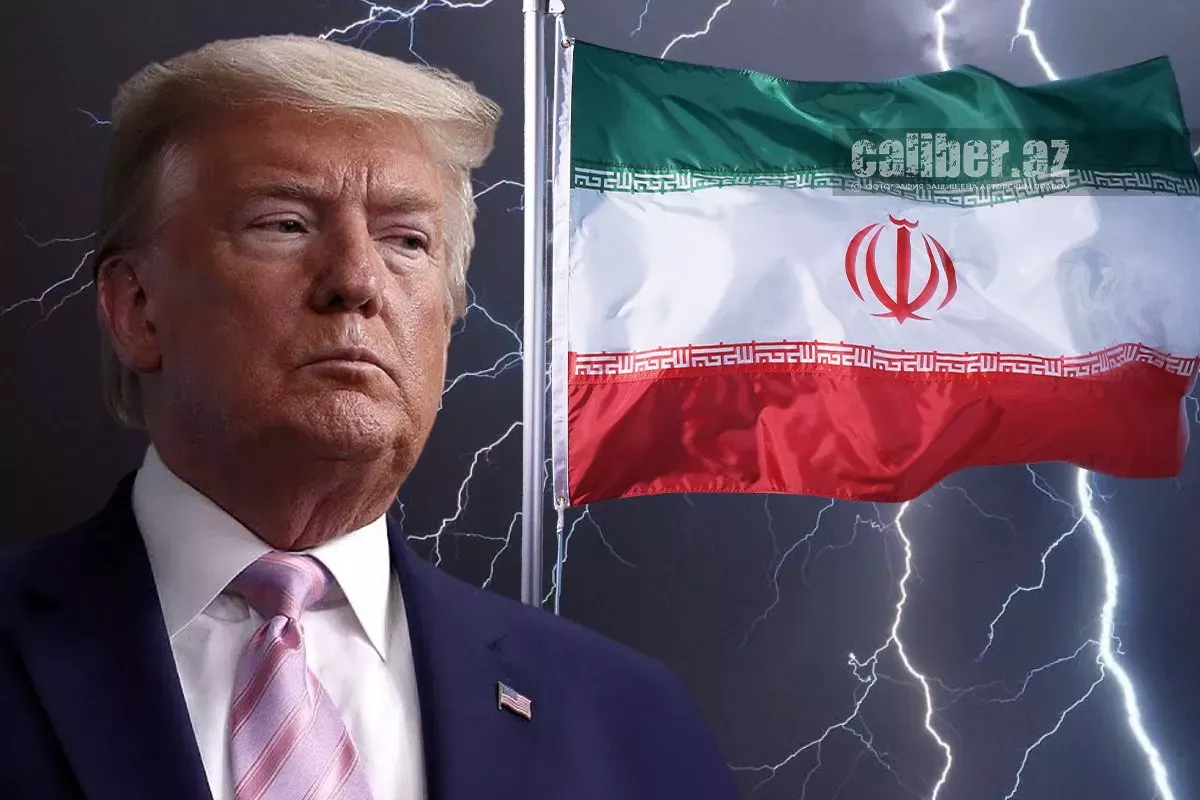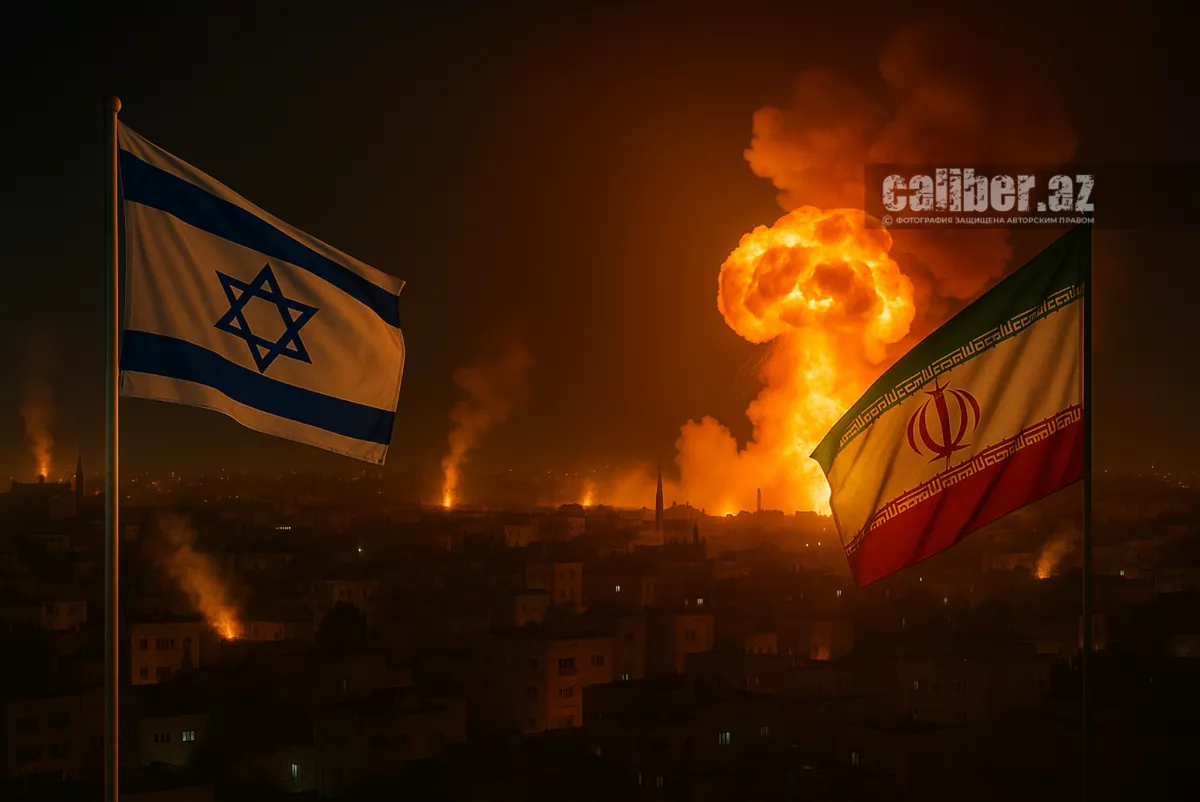Iran – Israel: A local war with global stakes Nuclear threats, oil routes, and power plays
On June 13, the State of Israel launched military operations against Iran, attacking the country with missiles, drones, and sabotage units. In response, the Islamic Republic of Iran struck Israeli territory with ballistic missiles and drones.
American experts note that a unique feature of this war is that the parties are conducting hostilities from a distance, without sharing a common border. Numerous countries lie between them—countries over which ballistic missiles, aircraft, and drones are flying. Many of these states are strategic partners and allies of the United States, meaning that even the slightest incident could draw them—and the United States itself—into the conflict.
Moreover, war always brings death and human suffering, as well as severe economic and social consequences that can become catastrophic and exacerbate existing problems in a region already plagued by the aftermath of civil wars, socio-political and economic instability, and mass migration. As a result, all parties involved in the conflict will inevitably emerge economically and politically weakened.
Middle Eastern countries in the context of Israel’s objectives
Israeli Prime Minister Benjamin Netanyahu has outlined three main objectives of the military campaign against Tehran:
-
Elimination of Iran’s nuclear programme;
-
Destruction of Iranian ballistic missiles;
-
Combating the “Axis of Terror.”
While the first two goals are defined quite clearly, the third is formulated in extremely vague terms. This kind of language has previously been used by Israeli leadership in reference to operations in Gaza, Lebanon, and Syria.
This opens up the prospect of the conflict spreading to the territories of multiple countries, as various pro-Iranian armed groups operate in Lebanon, Yemen, and Iraq—none of which bodes well for them. Iraq finds itself in an especially precarious position, teetering on the edge of sectarian division and the risk of a new civil war.
The US and the Arab world through the lens of conflict
The United States may become directly involved in the hostilities. The Israeli leadership has openly appealed to the President of the United States, urging him to intervene and deliver a decisive blow against Iran.
In response, President Donald Trump declared that Iran must surrender, backing up his statement by deploying aircraft carriers to the Middle East and initiating the build-up of military logistics in the region.

However, not all American politicians support immediate entry into the war. According to media reports, there is a split among Trump’s supporters—many isolationists believe that an attack on Iran would be a continuation of the Democrats’ flawed foreign policy, which involved the U.S. in overseas military adventures. In their view, America should focus on addressing domestic challenges, especially in light of the ongoing conflict in Ukraine and strained relations with China.
Furthermore, military involvement would deplete U.S. resources and divert attention from core national security priorities, while the diplomatic fallout would affect the entire Arab world. Countries such as Jordan, Egypt, the UAE, and Saudi Arabia—despite the normalisation of relations with Israel—have openly called for de-escalation. Ignoring these appeals would jeopardise decades of U.S. relationship-building with the Arab world.
Iran and the consequences
Total destabilisation of Iran could well lead to its loss of political agency and eventual cantonisation—that is, Iran may face the same fate as Lebanon, Syria, and Iraq.
Iranian strikes on Israel could also have extremely serious consequences. According to Russian military expert Yuri Knutov, the confrontation between Iran and Israel could escalate into a nuclear conflict: “If Iran uses its new missiles (such as the ‘Haj Qasem’ – ed.), they will hit their targets with 100% accuracy. The most dangerous scenario is a strike on the nuclear facility in Dimona, in the Negev Desert, where Israel’s nuclear weapons are produced and possibly stored. Such an attack could lead to a disaster comparable to Chernobyl.”
Nuclear contamination would render neighbouring countries uninhabitable and affect other states in the Mediterranean region as well—potentially triggering catastrophic consequences for the global economy and international politics.

Another serious global threat is the potential closure of the Strait of Hormuz—one of the world’s most vital maritime arteries through which a significant share of global oil is transported. Iranian officials have repeatedly stated that in a critical situation, they would block this route using naval and air forces. Such a move would trigger a global surge in oil prices and lead to unpredictable consequences for the world economy.
However, it’s important to note that such a step would be a self-inflicted wound for Tehran. It would further damage its already strained relations with the international community and, crucially, disrupt Iran’s own oil exports.
Europe and Asia – A duality of positions
States beyond the Middle East are also gradually being drawn into the conflict. European leaders have expressed unequivocal support for Benjamin Netanyahu and his actions against Iran. For instance, German Chancellor Friedrich Merz stated that the attack on Iran is the “dirty work Israel is doing for all of us.”
On the other hand, China has expressed serious concern over the unfolding events. Beijing has a 25-year comprehensive cooperation agreement with Iran. President Xi Jinping stated that he is “deeply concerned about Israel’s military actions” and that China is ready to play a constructive role in restoring peace and stability in the Middle East.
Meanwhile, following the outbreak of hostilities, Western media reported that three Chinese cargo planes were urgently dispatched to Iran. According to experts, they were carrying equipment that helped the Iranians restore their air defence and command systems after the initial successful Israeli strikes.
For China's leadership, an Iranian defeat would mean the loss of a key political and trade partner, as well as a weakening of China’s position amid its broader global rivalry with the United States.
Of course, it is unlikely that Beijing will offer open, direct support to Tehran. However, China may act through intermediaries and third countries. In such a scenario, the hostilities between Israel and Iran could become prolonged, with outcomes that are entirely unpredictable for both sides.
Thus, the war between Iran and Israel is already having deeply destructive consequences for all regional states. If it drags on, it risks drawing in major Eurasian powers—pushing the conflict far beyond the boundaries of the Middle East.








